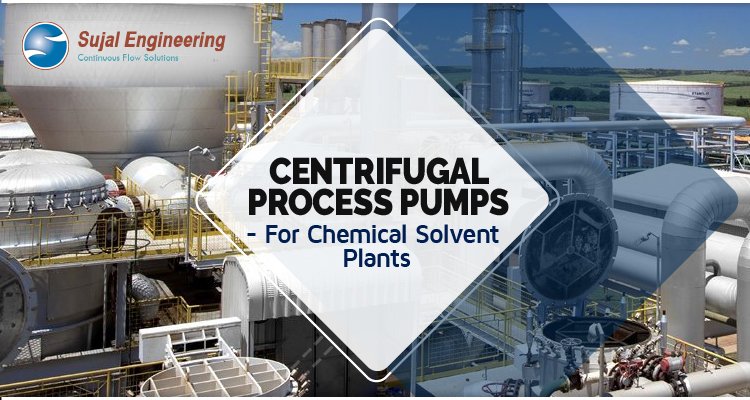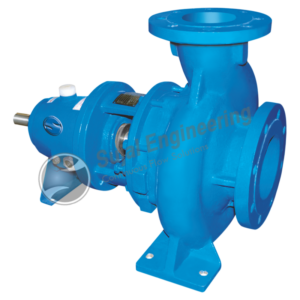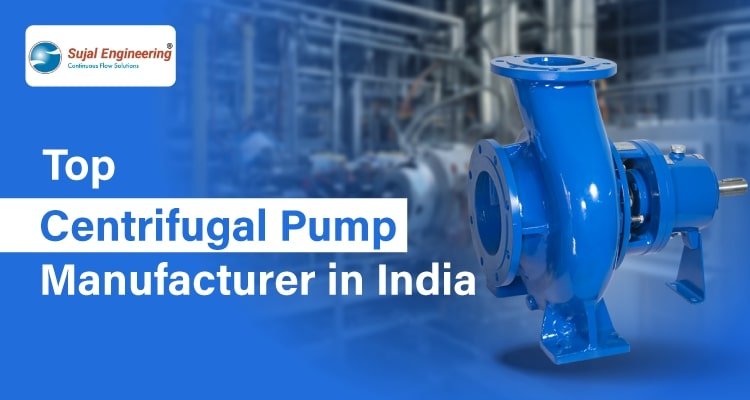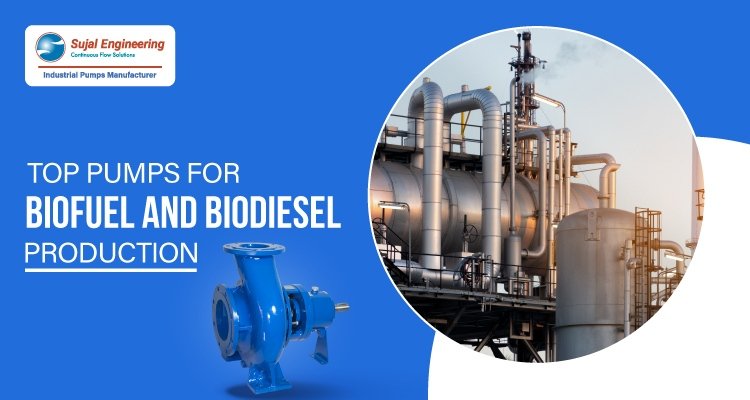Centrifugal Process Pumps – For Chemical Solvent Plants

The chemical industry has a huge demand for pumps that provide efficiency of work, as well as provide protection to employees working in the industry. A chemical manufacturing company has to handle aggressive acids which are toxic, prone to corrosion and flammable. Apart from the handling of dangerous fluids, many industries require treatment of effluent through chemical dosing. All of these processes require effective and safe pumps whose demand can be satisfied by Sujal Engineering.
Sulphuric acid is the most commonly used acid in an industry in many processes. It is used in the production of fertilizers and as an electrolyte in car batteries. If sulphuric acid comes in contact with skin, it will cause severe burns; therefore, it is significant to have a leak free chemical pumping process in the industry. The background presence of a chemical is also important. Another important acid which is frequently used is Hydrochloric acid which can attack the eyes, tooth enamel and the respiratory system, causing long-term health implications for employees. Where the chemical is highly poisonous, such as hydrofluoric acid or volatile such as acetone, it is critical to minimise the background vapour presence for the safety of the plant as a whole.
During the production process, chemical solvents are diluted, mixed with other chemicals or solids in suspension. As the chemical becomes mixed with different kind of materials, it may need to be passed through a filtration system to recover the original chemical. As these chemicals pose a threat to the local environment, they require handling in such a way that risk of leakage or incident is mitigated or removed completely.
“A Pump is only as good as its seal” is a known saying in the world of industrial pumps. The pumping principle often places limitations on the type of sealing which can be used.
How do Centrifugal pumps work?
A centrifugal pump has an impeller on the inside of a casing. Liquids are forced into the centre or “eye” of the impeller. The impeller rotates and the rotational force is converted into centrifugal force. The liquid is propelled out the impeller channel into the volute chamber, where some of the force is turned into pressure due to less space in the casing.
Technical Features:
Type: End-Suction and Back-Pullout Type Centrifugal Pump
Capacity: up to 1100 m3/hr
Head: up to 150 Meter
Pressure: up to 15 kg/cm2
Size: 25mm to 300mm
Speed: up to 3500 rpm
Temperature: up to 350° C
M.O.C. : CI, CS, SS304 / 316, SS 304 L/316L, Alloy 20, Hast alloy B or C,CD4MCU, etc……
The advantages of using Sujal Engineering centrifugal pumps are:
- Ease of operation: centrifugal pump will max out on the pressure at its dead-head pressure. This will not cause any damage to the system and it is easy to say able to work at medium to low head
- Can deal with large volumes of liquid
- Small in size, which saves a lot of space
- Low capital cost
- Easy maintenance
- No danger creates if discharge v/v is closed while starting
- Is able to work for medium to low viscous fluid
- Continuous pulsation free delivery
- Less wear and tear in case of corrosive and abrasive liquids
Other applications of Centrifugal pumps are
- Petrochemicals
- Oil Refineries
- Pharmaceuticals
- Drugs & Dyes
- Fertilizers
- Pesticides
- Paper & Pulp
Sujal Engineering has developed a wide range of industrial pumps for various chemical plants. To know more about product range visit our website: www.sujalpumps.com




